
View From Arada | Feb 01,2020
Apr 3 , 2021
By Christian Tesfaye
In such times, it would be akin to incredulous to claim that Ethiopia is any sort of country with a prosperous or even viable future. Darkness seems to be all around; fear and anxiety press on citizens. A general sense of insecurity is in the air; it feels as if violence has been privatised and regularised to the point that death could be lurking on any corner. It is a sad, sad reality.
Yet again, millions and millions of people wake up each day with a hope that the next one would be better. They hope, they dream and thrive. They attempt to innovate, create wealth and, if possible, make a profit. They have the potential to go much further if they are given a chance.
In many ways, the battle is to save the economy from the broken political system – it is to develop not because of but despite our political class. If anything, the national discourse over the political situation has gone into depths that are nearly irredeemable, especially since the start of the war in Tigray Regional State. There are no more sober or centrist voices in the political space. Instead, it has become a cesspit for the exchange of insults and malice. There is a good possibility that there may be no positive future with Ethiopia's practice of politics, at least not with this generation of political elites.
But is it possible to have a country that develops economically despite its callous political class?
One only hopes. Here at least, there is ground to build on and opportunities that could be derived. Economic reforms being implemented to make “doing business” in Ethiopia easier are highly encouraging. Take the value of the Birr that is slowly being moved toward a market-clearing rate, which could do wonders for the manufacturing sector. It discourages imports - with a priority in foreign currency allocation given to the import of the likes of raw materials - while incentivising export and consumption of locally sourced and produced goods.
Another major change with a positive outcome will be the introduction of a capital market. Currently, there is minimal incentive to save, given the negative deposit interest rate in real terms, but little available avenues for investing in productive sectors. A capital market will make the connection between savers and entrepreneurs and businesses much smoother. More critically, it will provide alternative access to capital, instead of only banks, for businesses.
Perhaps the most exciting industry today is telecom, a sector that has long been kept on a tight leash by the government. Non-financial institutions have just been allowed to engage in mobile banking. The rush to become the dominant market player has already begun. Sunpay Solutions entered the business with 100 million Br in capital late last month. In the same month, ArifPay raised 140 million Br to become a digital payment platform.
The knock-on effect of this is already obvious, as evidenced by the rise in digital service provision. Platforms such as Awtar, Avetol, Bana Muzika and Habesha View are some of the streaming services that have recently entered the market owing to the incentive provided by the growth and formalisation of electronic payments.
Many countries have grown despite their politics, not because of it. Politics is not a problem that confines itself to issues of elections or representation. It pours over into every part of our lives, even in the bedroom, as the postmodernists are loathe to let us forget.
This is not a defeatist argument for relinquishing the political space to extremist voices, the generals and the armed combatants. But sometimes, it could be the wrong tactic to keep fighting - for liberal democracy, in our case - when the risk could be wiping out all potential elsewhere.
PUBLISHED ON
Apr 03,2021 [ VOL
22 , NO
1092]


View From Arada | Feb 01,2020
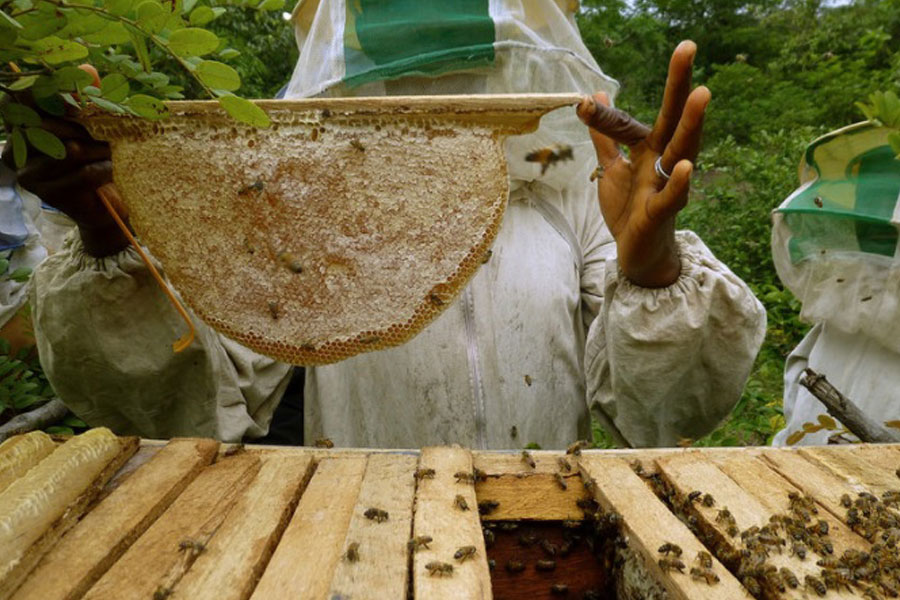
Fortune News | Nov 20,2023
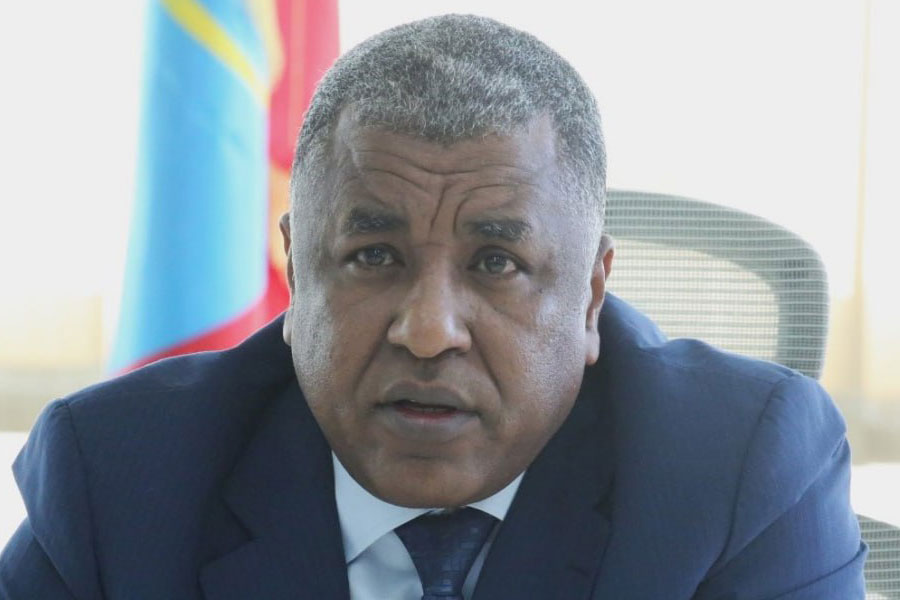
Fortune News | May 04,2024

Radar | May 02,2020

Commentaries | Oct 16,2020

Viewpoints | Jul 17,2022

Sunday with Eden | Sep 06,2025
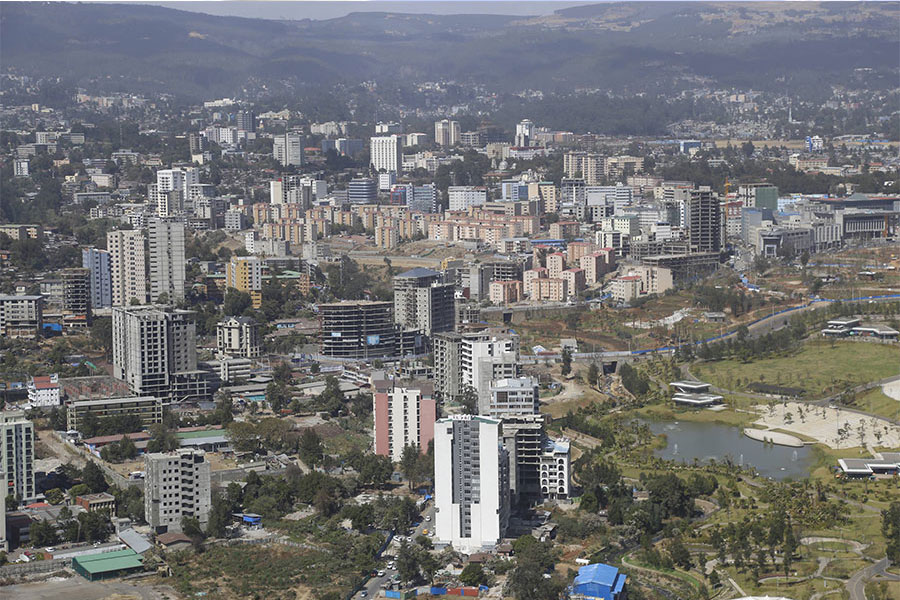
Fortune News | Dec 09,2023
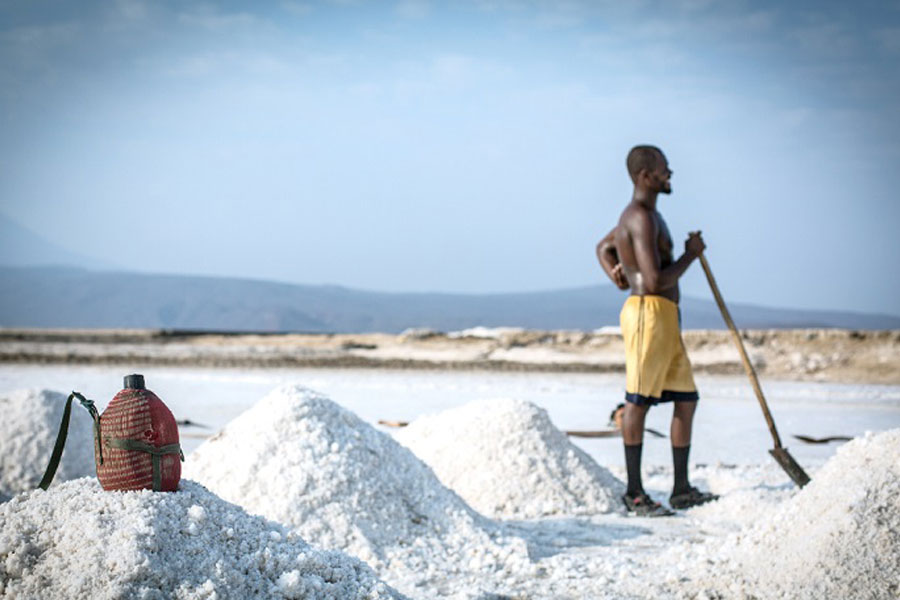
Fortune News | Feb 07,2024
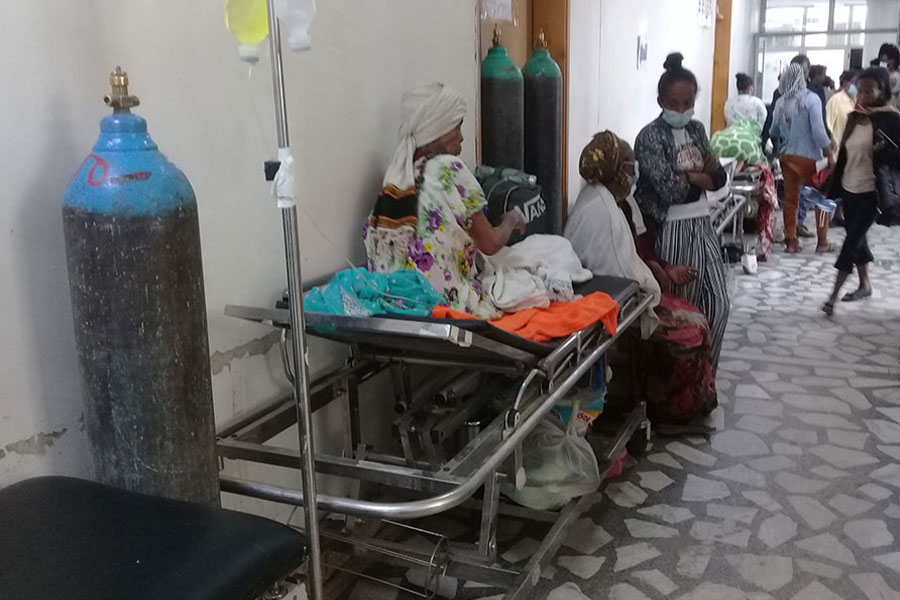
Commentaries | Sep 06,2025

Photo Gallery | 174858 Views | May 06,2019

Photo Gallery | 165078 Views | Apr 26,2019

Photo Gallery | 155340 Views | Oct 06,2021

My Opinion | 136734 Views | Aug 14,2021

Dec 22 , 2024 . By TIZITA SHEWAFERAW
Charged with transforming colossal state-owned enterprises into modern and competitiv...

Aug 18 , 2024 . By AKSAH ITALO
Although predictable Yonas Zerihun's job in the ride-hailing service is not immune to...

Jul 28 , 2024 . By TIZITA SHEWAFERAW
Unhabitual, perhaps too many, Samuel Gebreyohannes, 38, used to occasionally enjoy a couple of beers at breakfast. However, he recently swit...

Jul 13 , 2024 . By AKSAH ITALO
Investors who rely on tractors, trucks, and field vehicles for commuting, transporting commodities, and f...

Oct 18 , 2025
The political establishment, notably the ruling party and its top brass, has become p...

Oct 11 , 2025
Ladislas Farago, a roving Associated Press (AP) correspondent, arrived in Ethiopia in...

Oct 4 , 2025
Eyob Tekalegn (PhD) had been in the Governor's chair for only weeks when, on Septembe...

Sep 27 , 2025
Four years into an experiment with “shock therapy” in education, the national moo...

Oct 18 , 2025 . By NAHOM AYELE
In a sweeping reform that upends nearly a decade of uniform health insurance contribu...

Oct 18 , 2025 . By BEZAWIT HULUAGER
A bill that could transform the nutritional state sits in a limbo, even as the countr...

Oct 18 , 2025 . By SURAFEL MULUGETA
A long-planned directive to curb carbon emissions from fossil-fuel-powered vehicles h...

Oct 18 , 2025 . By BEZAWIT HULUAGER
Transaction advisors working with companies that hold over a quarter of a billion Bir...